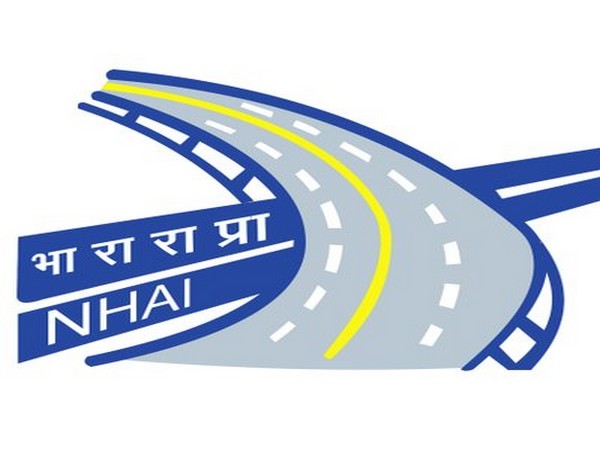NHAI Tightens RFP Norms to Ensure Quality, Transparency in Highway Projects
NHAI observed cases where concessionaires or selected bidders engaged contractors without prior approval of the Authority or exceeded permissible subcontracting limits.

- Country:
- India
The National Highways Authority of India (NHAI) has introduced a set of critical clarifications to the provisions of its Request for Proposal (RFP) framework, aimed at strengthening contractor qualifications, ensuring stricter compliance in project execution, and enhancing financial transparency in highway development. These measures, the Authority stated, are intended to improve the overall quality of execution, reduce project delays, and bring down lifecycle costs across India’s vast network of National Highway projects.
Strengthening Contractor Qualification Norms
One of the most significant changes concerns the definition of “Similar Work” under bid qualification criteria. In the past, contractors with experience in minor or peripheral works—such as landscaping, roadside facilities, or repair works—often claimed eligibility for large-scale highway construction projects, despite lacking experience in complex, multi-component highway development.
To address this, NHAI has now clarified that “Similar Work” will refer exclusively to completed highway projects that include all major components comparable to those required in the project being tendered. This change will ensure that only technically capable and experienced contractors qualify, thereby strengthening the execution capacity of upcoming projects.
Tackling Unauthorized Subcontracting
Another reform targets the unauthorized engagement of EPC contractors in HAM (Hybrid Annuity Model) and BOT (Toll) projects, as well as subcontractors in EPC contracts. NHAI observed cases where concessionaires or selected bidders engaged contractors without prior approval of the Authority or exceeded permissible subcontracting limits.
Such practices, the Authority highlighted, not only breach contractual obligations but also compromise quality assurance, project timelines, and regulatory oversight. Going forward, unauthorized subcontracting and violations of limits will be treated as “Undesirable Practice” and penalized at par with fraudulent practices. This step reinforces discipline and accountability in contract execution while protecting the integrity of the implementation process.
Curbing Financial Misrepresentation
In a major step toward financial transparency, NHAI has clarified that Bid and Performance Securities sourced from third parties will no longer be accepted. Previously, some bidders furnished financial guarantees issued by entities unrelated to them, which diluted accountability and raised concerns over enforceability.
By restricting such practices, the new rule ensures that securities must be issued directly by the bidder or its approved entities. This will improve enforceability of obligations and safeguard the public interest by holding contractors directly accountable for their commitments.
Driving Better Execution and Efficiency
The cumulative impact of these reforms is expected to be substantial:
-
Higher quality of infrastructure as only proven contractors will qualify.
-
Timely completion of projects, with reduced risk of delays due to poor contractor performance.
-
Improved regulatory oversight, preventing misuse of subcontracting and unauthorized practices.
-
Enhanced financial discipline, ensuring that guarantees and securities are genuine and enforceable.
These measures reflect NHAI’s broader strategy to align with global best practices in infrastructure project management, emphasizing efficiency, accountability, and transparency.
Building a Stronger National Highway Network
India’s National Highways are the backbone of the country’s transport system, carrying over 40% of road traffic despite representing only 2% of the total road network. With increasing demand for safer, faster, and more reliable connectivity, ensuring that projects are executed by competent and accountable contractors is vital for economic growth.
By refining its RFP provisions, NHAI has taken a decisive step toward minimizing risks, ensuring fair competition, and maximizing value from public resources. This reform is not just about streamlining processes—it represents a long-term vision to deliver a world-class National Highway network that meets India’s growing mobility and logistics needs.










